At Covirel, scientists from several countries work together. Learn more about our researchers here.

Mathieu Colin, Ph.D.
Recov-19, University of Montreal, Canada
Mathieu Colin received his Ph.D. from the University of Montreal. He is currently the lead professional research agent of the Canadian team of RECOV-19. His areas of expertise include new religious movements, politics and religion, conspiracy theories and far-right ideologies.
Covid-related publications
Colin, Mathieu; Lefebvre, Solange; Tsvetkova, Denitsa (2023):
Research report I: Publications by religious organisations during the Covid-19 pandemic in Canada.
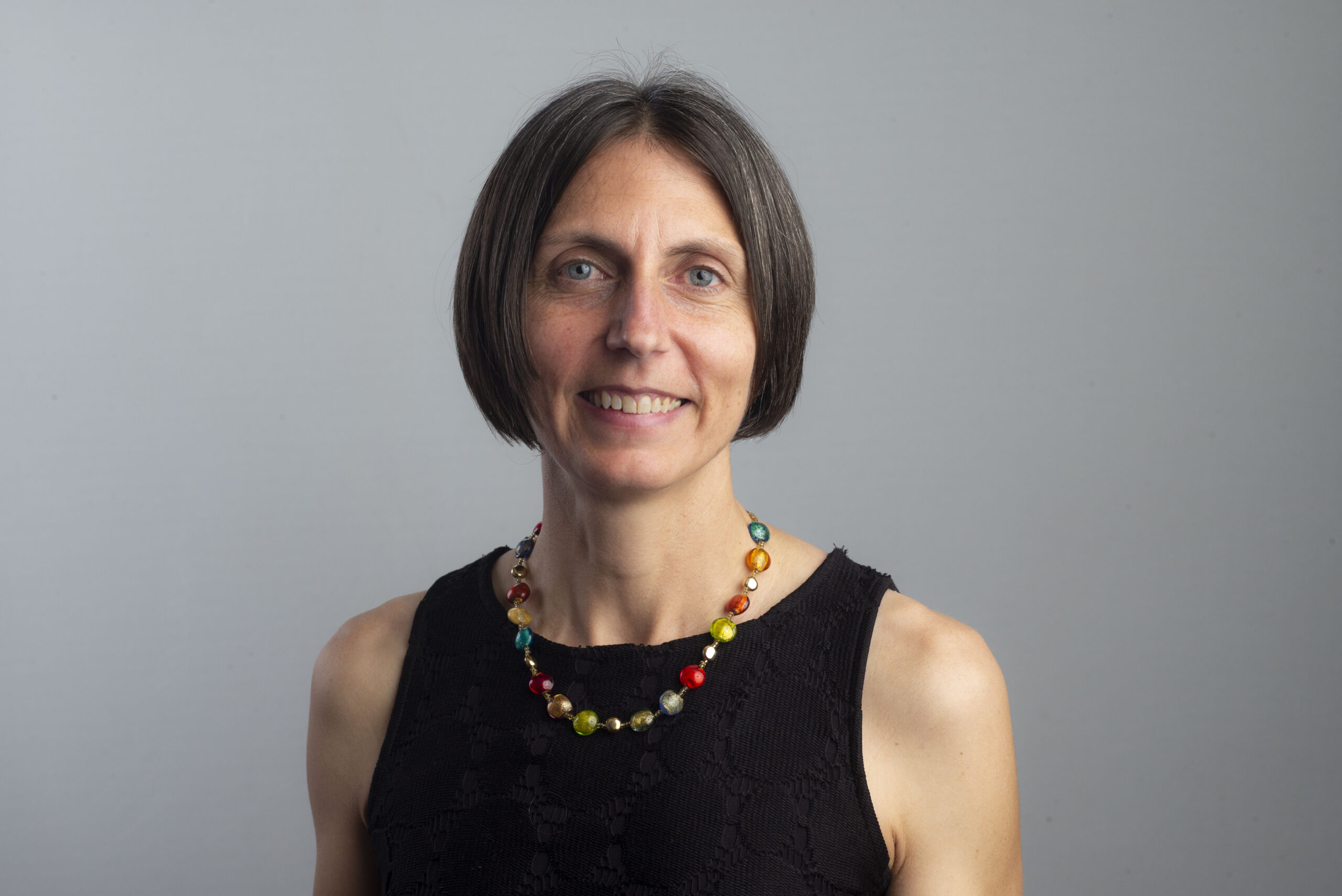
Prof. Gladys Ganiel
Recov-19, Queen’s University Belfast, Northern Ireland
Gladys Ganiel is Professor in the Sociology of Religion at Queen’s University Belfast and a member of the Royal Irish Academy. Her specialisms include religion on the island of Ireland, religion and conflict in Northern Ireland, evangelicalism, and the emerging church. Her Oxford University Press book, The Deconstructed Church: Understanding Emerging Christianity, co-authored with Gerardo Marti, was winner of the 2015 Distinguished Book Award of the Society for the Scientific Study of Religion. She is co-editor, with Andrew J. Holmes, of The Oxford Handbook of Religion in Modern Ireland (2024).
Covid-related publications
Ni Dhonaill, C., & Ganiel, G. (2023). Research report: publications by religious organisations during the Covid-19 pandemic in Ireland. Belfast: Queen’s University
Ganiel, G., & Morris, C. (2021). COVID-19 and Religious Practice in Northern Ireland. (Research Update). Access Research Knowledge (ARK). https://www.ark.ac.uk/ARK/publications/overview
Ganiel, G. (2021). Online Opportunities in Secularizing Societies? Clergy and the COVID-19 Pandemic in Ireland. Religions, 12(6). https://doi.org/10.3390/rel12060437
Ganiel, G. (2021). Something Other than a Building: A Report on the Churches on the Island of Ireland during the Covid-19 Pandemic. Irish Council of Churches/Irish Inter-Church Meeting. https://www.irishchurches.org/cmsfiles/Final-Something-other-than-a-Building.pdf
Ganiel, G. (2020). People Still Need Us: A Report on a Survey of Faith Leaders on the Island of Ireland during the Covid-19 Pandemic. Irish Council of Churches/Irish Inter-Church Meeting. https://www.irishchurches.org/cmsfiles/resources/People-Still-Need-Us-May-2020.pdf
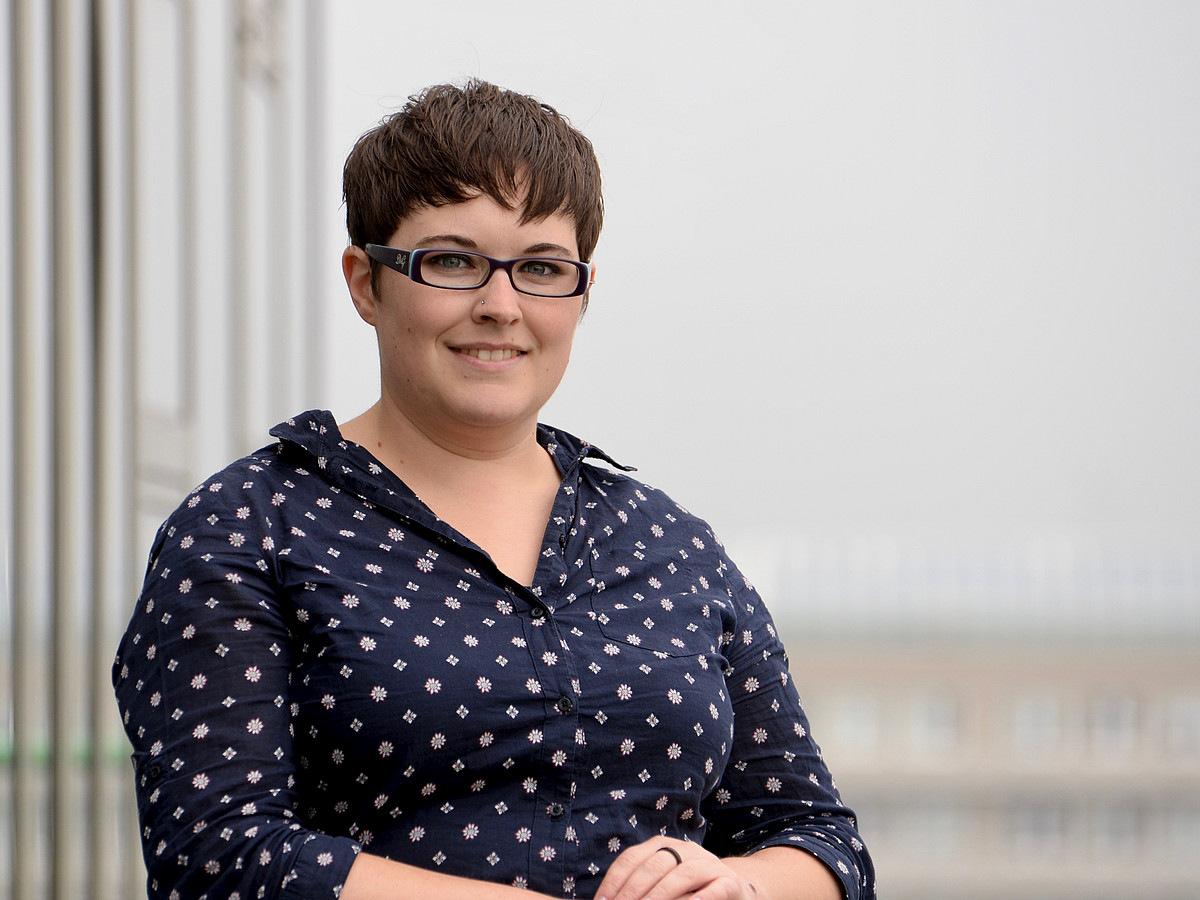
Dr. Hannah Grünenthal
Recov-19, University of Bremen, Germany
Hannah Grünenthal is a research associate at the Center for Media, Communication and Information Research (ZeMKI) at the University of Bremen. After studying religious studies, modern Indology and psychology in Heidelberg, she received her doctorate at the University of Bremen on the subject of authority constructions and positioning processes in the Catholic Church by the example of the Charismatic Renewal. In addition, she examined actor positions in the Catholic Church in times of deep mediatization. In the international research project “ReCov-19” (Religion in Societies Emerging from Covid-19), she is currently researching the negotiation processes of churches and religious organizations in the course of the corona pandemic.
Covid-related publications
Grünenthal, Hannah (2023): Research report I: Publications by religious organisations during the Covid-19 pandemic in Germany.
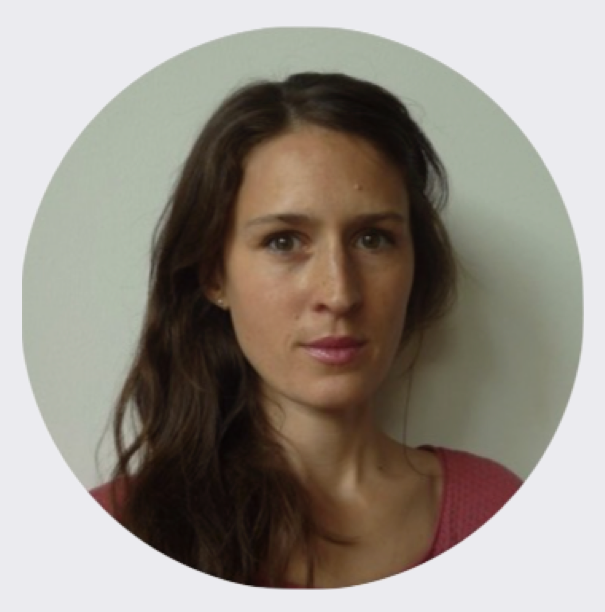
Carla Hagen
University of Bern, Switzerland
Carla Hagen, PostDoc at the Institute for the Study of Religion, University of Berne, is currently investigating how religious and secular worldviews shape social responsibility. Focusing on Switzerland, her research is investigating how the body, the virus and the state are framed narratively in the context of the Covid-19 pandemic. She completed her doctorate in the Study of Religion at the University of Fribourg with an empirical study on Yenish worldviews and the formation of religious identities in the context of Catholic welfare and antiziganism.
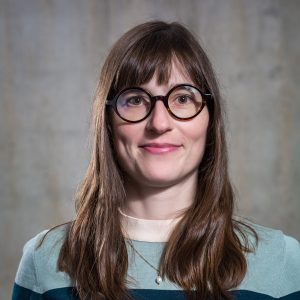
Marta Kolodziejska
Recov-19, University of Warsaw, Poland
Marta Kolodziejska is a researcher of religion and new media, mediatization of religion and spirituality. She is interested in the transformation of technological discourses in the processes of digitization. Marta conducts research using qualitative (discourse analysis, content analysis) and mixed methods. At the Faculty, she primarily teaches workshops on qualitative analysis methods using MAXQDA, as well as classes in English.
Covid-related publications
Kołodziejska, Marta; Mandes, Sławomir; Rabiej-Sienicka, Katarzyna (2024): Cultural and Theological Influences on Religious Engagement with Digital Media during COVID-19: A Comparative Study of Churches in Poland and Ireland. Faculty of Sociology, University of Warsaw.
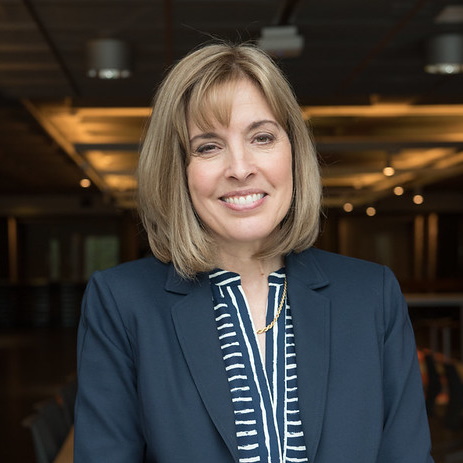
Prof. Solange Lefebvre
Recov-19, University of Montreal, Canada
Helena Lipková focuses on interdisciplinary research in the field of information science, specifically on the transformation of end-users information behavior in virtual environments. Her main research theme is the credibility of information in its communication within society. She is the author of several studies dedicated to interdisciplinary research on the transformation of spirituality and religion in the digital environment. She is a member of the editorial board of the academic journal Acta Oeconomia Pragensis. As an instructor, she specializes in courses related to change management and project management in traditional waterfall and agile methodologies and UX/UI design and testing.
Covid-related publications
Colin, Mathieu; Lefebvre, Solange; Tsvetkova, Denitsa (2023): Research report I: Publications by religious organisations during the Covid-19 pandemic in Canada. https://doi.org/1866/28528

Helena Lipková, Ph.D.
Charles University, Prague, Czech Republic
Helena Lipková focuses on interdisciplinary research in the field of information science, specifically on the transformation of end-users information behavior in virtual environments. Her main research theme is the credibility of information in its communication within society. She is the author of several studies dedicated to interdisciplinary research on the transformation of spirituality and religion in the digital environment. She is a member of the editorial board of the academic journal Acta Oeconomia Pragensis. As an instructor, she specializes in courses related to change management and project management in traditional waterfall and agile methodologies and UX/UI design and testing.
Covid-related publications
Lipková, H., Jarolímková, A. (2023): Twist in Perception: Spiritual Needs and Technology in the Times of COVID-19. A Qualitative Research Study in the Czech Republic. Pastoral Psychol 72, 143–167.
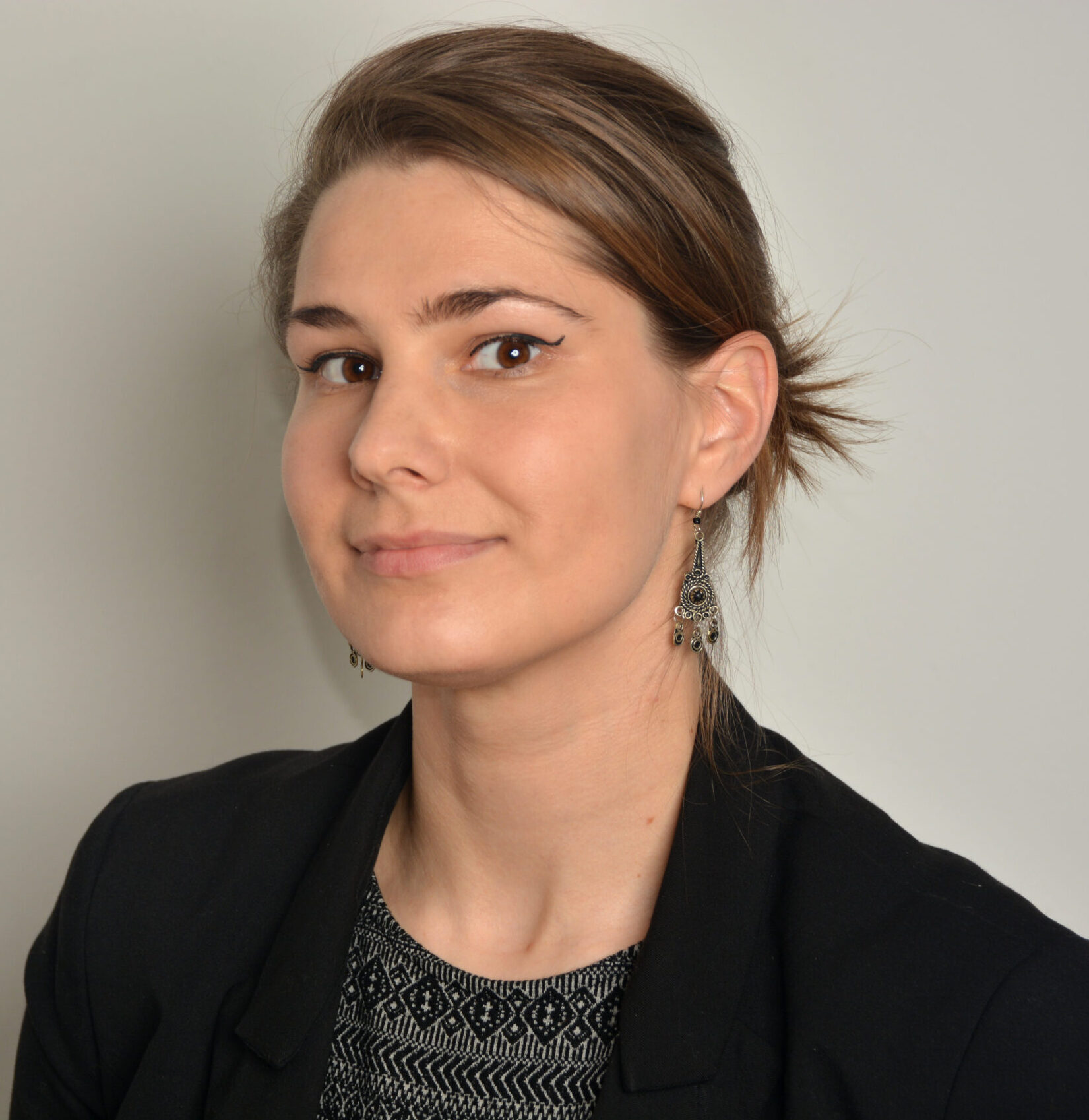
Joanna Malita-Król
Institute of Religious Studies, Jagiellonian University in Kraków
Joanna Malita-Król is assistant professor in cultural and religious studies at the Institute of Religious Studies, Jagiellonian University in Kraków. She received a JASSO stipend at Kobe University and conducted courses in Vienna and Rome thanks to teaching exchange programs, including CEEPUS and Erasmus+. Joanna is a field researcher and her academic interests centre around contemporary witchcraft, Paganism, and magic rituals. She also studies Japanese culture, especially the Heian period.
Covid-related publications
Malita-Król, Joanna (2023): „Strategies of Adapting to the COVID-19 Pandemic among Contemporary Pagan Groups in Kraków, Poland,“ Nova Religio 27 (2): 29–47. https://doi.org/10.1525/nr.2023.27.2.29

Igor Mikeshin, Ph.D.
University researcher at the Study of Religions, University of Helsinki, Finland
Igor is a social and cultural anthropologist and a scholar of religion. His interests are in evangelical and biblical literalist Christianity, lived religion, and everyday lay theology. He has done field research in Russian Baptist and Russian Jehovah’s Witnesses communities, focusing on conversion, ethics and morality, sex and gender, and eschatological expectations in the times of crises. Igor’s recent and current research is concentrated on the Christian eschatological tranquility in the times of religious persecution, global pandemic, and war in Ukraine. Igor’s current project, funded by Kone Foundation, is on Jehovah’s Witnesses refugees to Finland fleeing from persecution in Russia.
Covid-related publications
Mikeshin, Igor (2023): ‚We’re All Gonna Die Anyway‘: The Eschatological Tranquillity of Russian Baptists during the Pandemic. In: Culture and Religion 22 (3): 267–78.
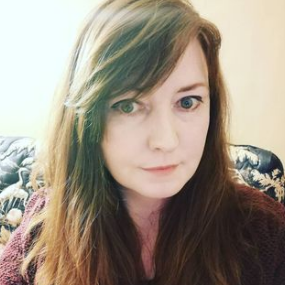
Caoimhe Ní Dhónaill
Recov-19, Queen’s University Belfast, Northern Ireland
Dr Caoimhe Ní Dhónaill graduated with her Ph.D. in Sociology from Queen’s University in July 2012. Since then she has built a diverse research portfolio, addressing issues such as disability, ageing, identity, Intimate Partner Violence, policing and Sex Work. Her major research interest is in Identity, and has had focus on the interplay of religion and politics in forming a sense of self. She also has a strong teaching background, having most recently focussed on the role of religion in a Conflicted Northern Ireland.
Covid-related publications
Ni Dhonaill, C. (2024). Staying safe during the Covid-19 pandemic: religious organisations and the safeguarding of young people on the island of Ireland.
Ni Dhonaill, Caoimhe; Ganiel, Gladys. 2023. Publications by religious organisations during the Covid-19 pandemic in Ireland.
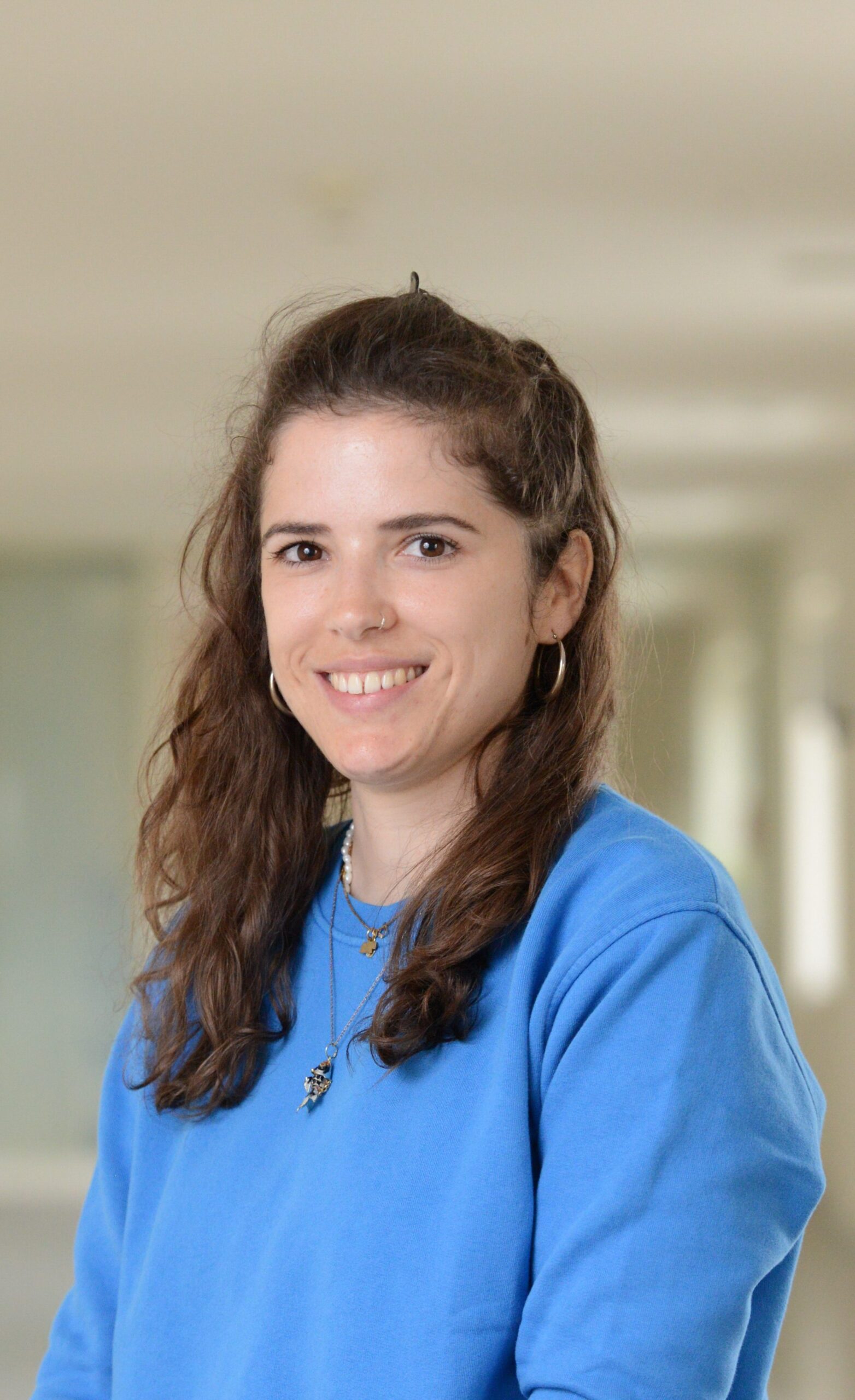
Cornelia Niggli
University of Bern, Switzerland
Cornelia Niggli is a PhD candidate at the University of Bern’s Institute for the Science of Religion. She investigates the connection between worldviews and social responsibility. The project explores religious and secular narratives surrounding the body, the virus, and the state. Previously, she earned her MA in Cultural Studies and the Study of Religions from the University of Lucerne.
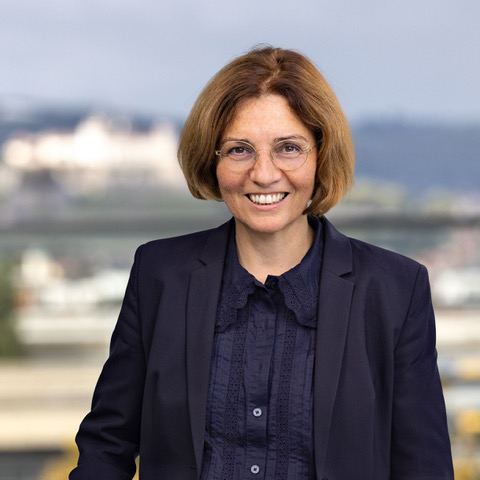
Dr. Ilona Nord
Contoc, Univerity of Würzburg, Germany
Recent projects of Ilona Nord examine the religion related socio-cultural and theological implications of Artificial Intelligence, Robotics, and Big data, including perceptions, adoption, and practices of privacy and security within the Internet of Things. I am also leading the international project on Churches Online in Times of Corona (CONTOC&CONTOC2) which is a quantitative study on the use of digital technology by church employees, pastors, social workers, musicians and volunteers.
Covid-related publications
Schlag, Thomas; Nord, Ilona; Beck, Wolfgang; Bunker, Arnd; Lämmlein, Georg; Müller, Sabrina; Pock, Johann; Rothgangel, Martin (2023): Churches Online in Times of Corona: Die CONTOC-Studie: Empirische Einsichten, Interpretationen und Perspektiven. https://doi.org/10.1007/978-3-658-41728-4
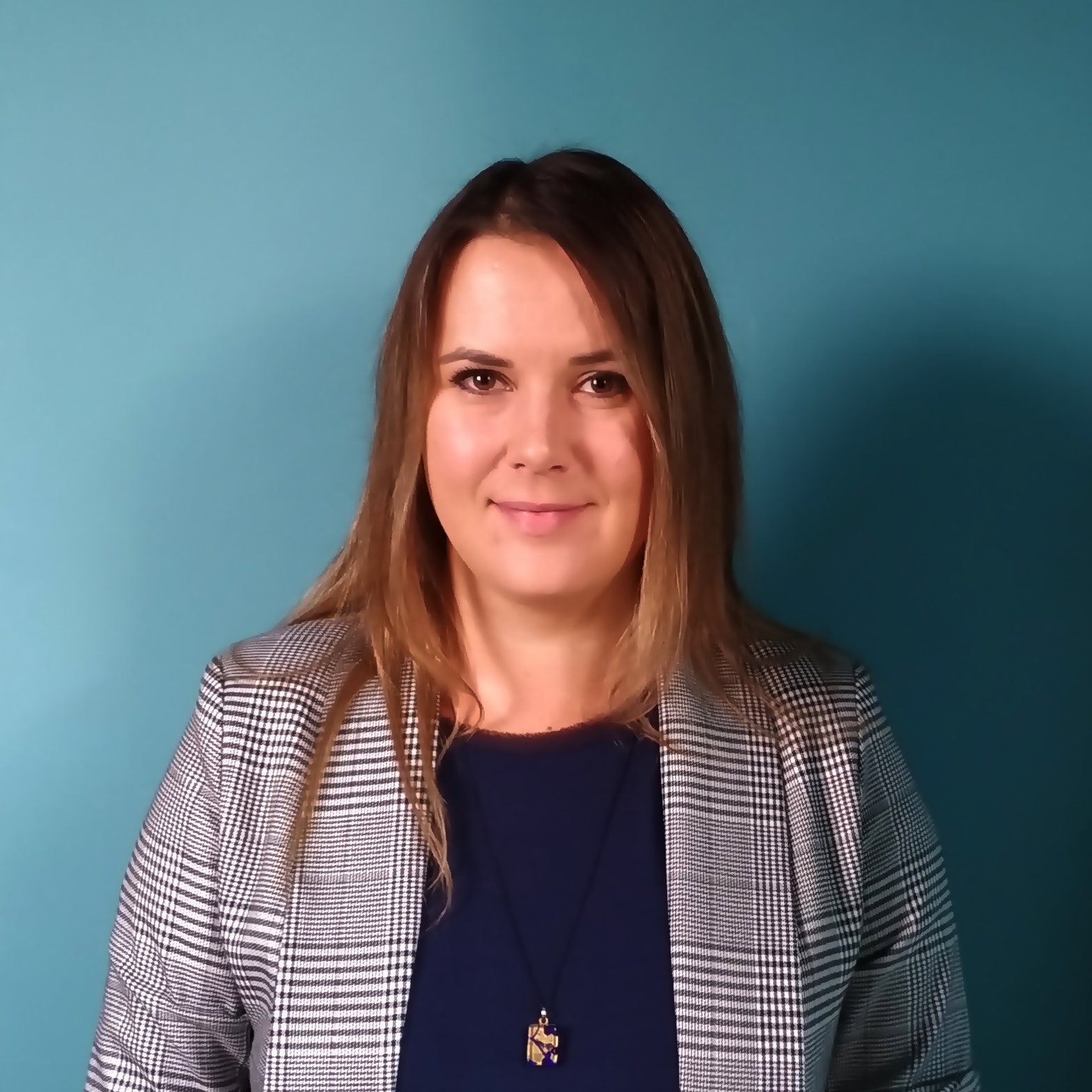
Dr. Kasia Rabiej-Sienicka
Recov-19, University of Warsaw, Poland
Katarzyna Rabiej-Sienicka is an Assistant Professor in the Faculty of Sociology at the University of Warsaw and an Associate Editor at Taylor & Francis‘ Cogent Social Sciences. Her research focuses on the relationship between communities and change agents and their role in contemporary world challenges. She is currently engaged in the international project “ReCov-19,” where she examines the impact of the pandemic on churches and religious organizations in Poland. She is also the organiser of the Capturing Invisible Seminars on science, technology, and society (STS). She serves on the Board of the Sociology of Work Section of the Polish Sociological Association and is the Director at the Wojciech Jerzy Has Krakow Film School. She is the author of research such as “Coworking: Individualism in Community,” “Coworking Spaces: Solidary Community in Times of Plague,” and “Before the Destruction: From a Collective Workplace to an Urban System of Ideas.” Additionally, she was a member of the research team for “Tempus Fugit – Future Visions in Energy Policies in Poland” and is currently involved in “Energy for Security, Peace or War? Reflexive Public Reason Applied to the Israeli and Polish Energy Transition.”
Covid-related publications
Kołodziejska, Marta; Mandes, Sławomir; Rabiej-Sienicka, Katarzyna (2024): „Cultural and Theological Influences on Religious Engagement with Digital Media during COVID-19: A Comparative Study of Churches in Poland and Ireland“. Faculty of Sociology, University of Warsaw. https://doi.org/10.3390/rel15030354
Rabiej-Sienicka, Katarzyna; Kołodziejska, Marta (2023): „Research Report: Publications by Religious Organisations during the Covid-19 Pandemic in Poland“. RepOD. https://doi.org/10.18150/UNSWEH
Rabiej-Sienicka, Katarzyna (2022): „Coworking Spaces: Solidarity Community in Times of Plague“. Przegląd Socjologiczny 71(3), 139-165. https://doi.org/10.26485/PS/2022/71.3/7

Dr. Kerstin Radde-Antweiler
Recov-19, University of Bremen, Germany
Kerstin Radde-Antweiler is professor of Religious Studies at the University of Bremen, Germany. Her research focuses on mediatized religion, mediatization theory, video gaming, Christian traditions and ritual studies. She authored several articles and co-edited several volumes and special journal issues, including Minority Churches as Media Settlers Negotiating Deep Mediatization (Routledge 2023), the Handbook on Religion and Journalism (Routledge 2020), and Mediatized Religion in Asia (Routledge 2019). In the international research project “ReCov-19” (Religion in Societies Emerging from Covid-19), she is currently leading the sub project on churches and religious organizations in the course of the corona pandemic in Germany and the sub project on churches and religious organizations in the course of the corona pandemic in Belarus and Russia.
Covid-related publications
Hall, Dorota; Kołodziejska, Marta; Radde-Antweiler; Kerstin (2023): Minority churches as media settlers: Negotiating deep mediatization. Abingdon, Oxon, New York, NY: Routledge.
Radde-Antweiler, Kerstin; Kołodziejska, Marta; Fajfer, Łukasz; Hall, Dorota (2022): Religious media settlers in times of deep mediatization. Religion.
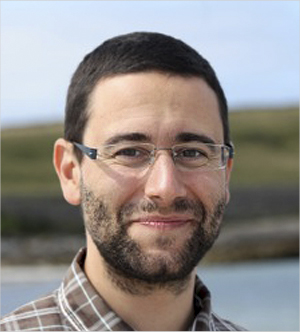
Dr. Andrea Rota
University of Bern, Switzerland
Andrea Rota is a professor of the study of religion at the Department of Culture Studies and Oriental Languages (IKOS), University of Oslo. He is the current director of the IKOS Religion and Politics research center. He obtained his PhD from the University of Fribourg, Switzerland and received his post-doctoral “habilitation” qualification from the University of Bern, where he served as an Assistant Professor for the systematic study of religion.
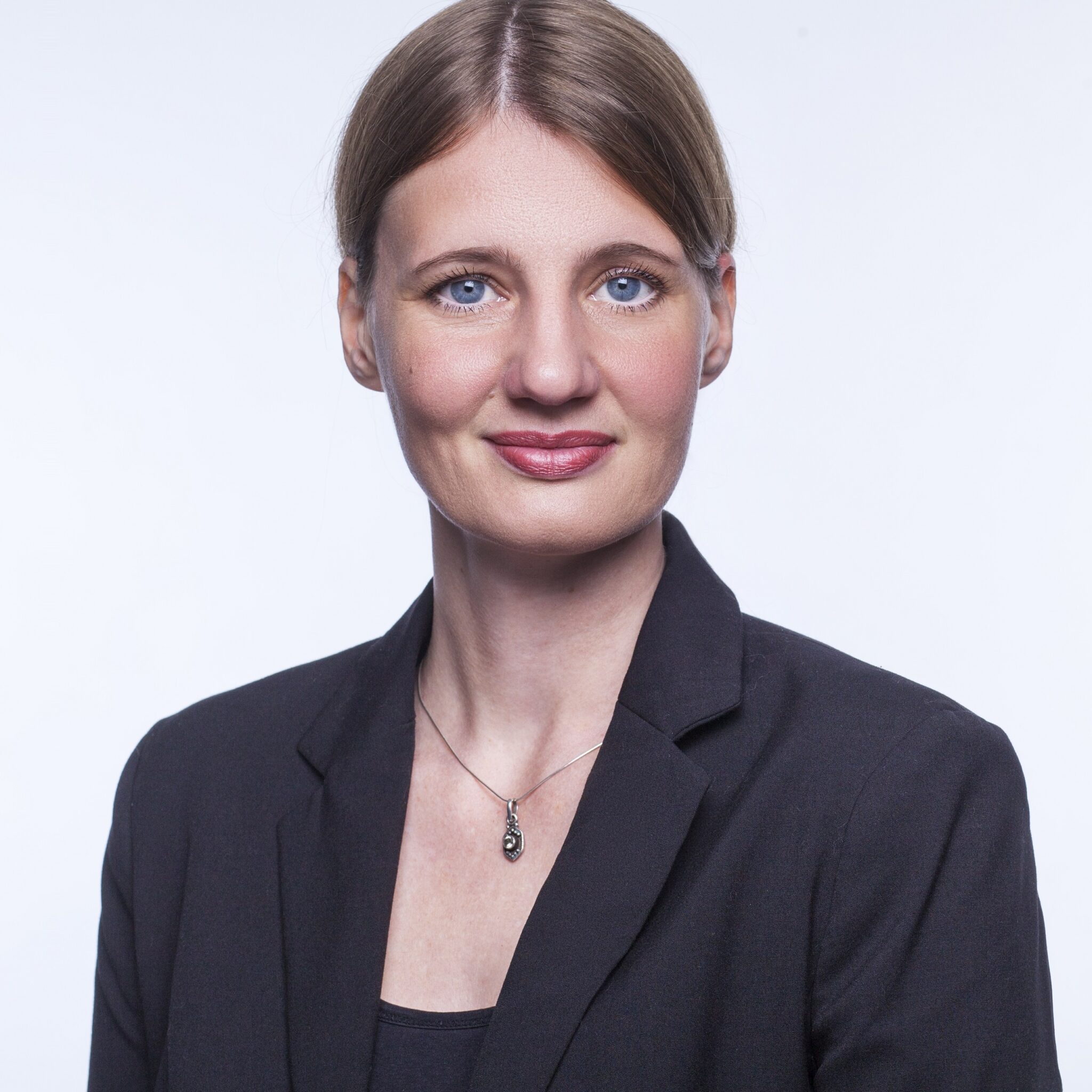
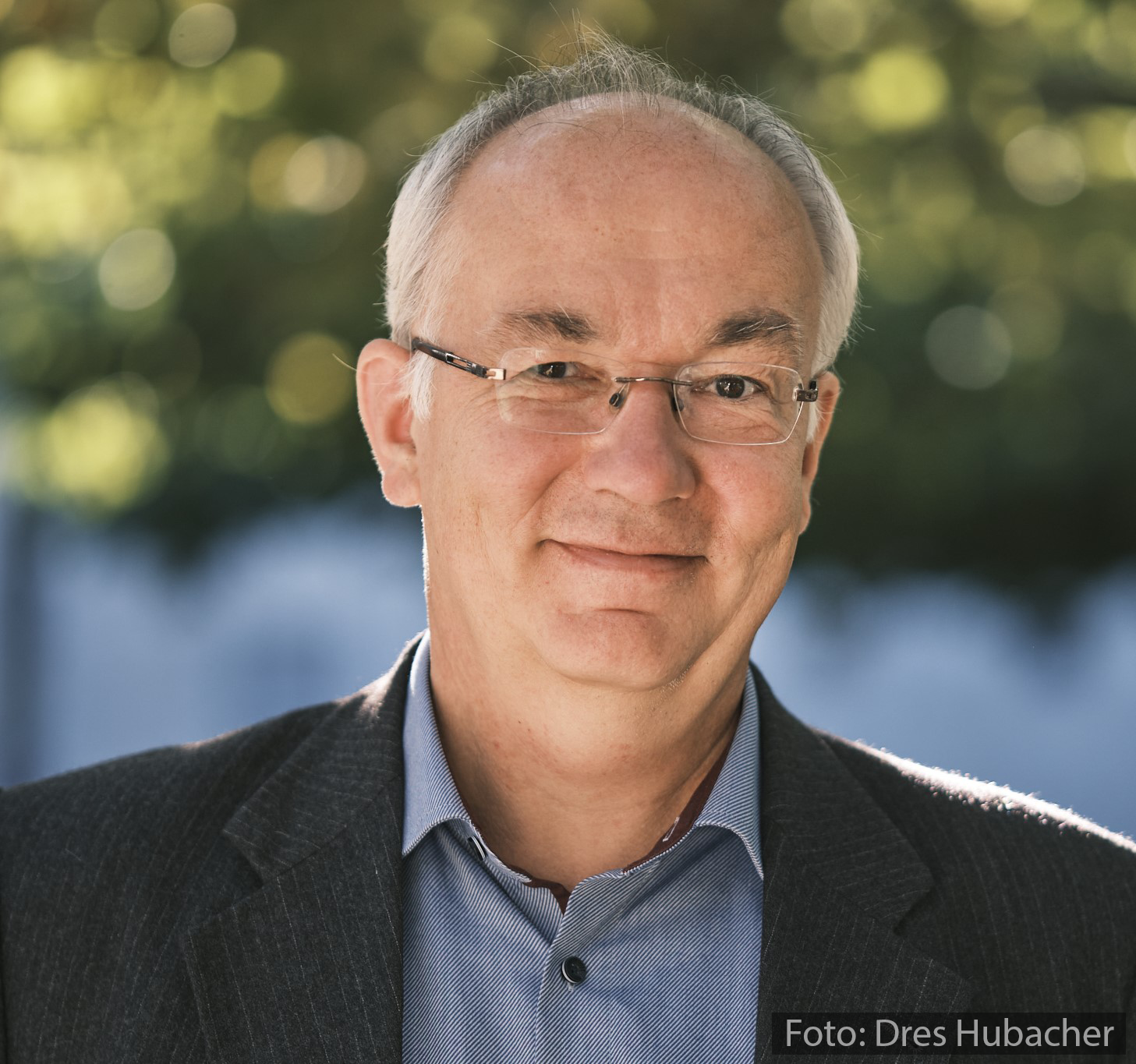
Dr. Amrei Sander
University of Bremen, Germany
Amrei Sander is a research associate at the Center for Media, Communication and Information Research (ZeMKI) at the University of Bremen. She received her doctorate at the Humboldt University. Her main interests are Gender and Religion, Feminist Theology and Contemporary Religions in Germany.
Dr. Jens Schlieter
University of Bern, Switzerland
Jens Schlieter is Director of the Institute for the Science of Religion at the University of Bern, where he is working on theory of religion, on the Western reception of Buddhist thoughts and practices, and on Ethics of Buddhism. Methodological contributions include conceptual metaphor theory and philosophy of language, applied to the study of religion. Currently, he is preparing with Nadine Frei and Robert Schäfer an edited volume on Conspirituality and the Covid-Crisis.